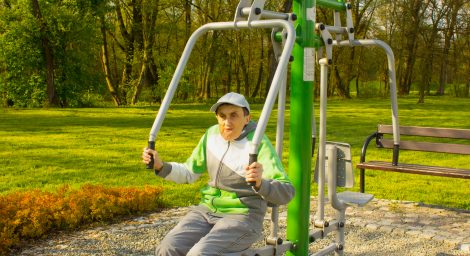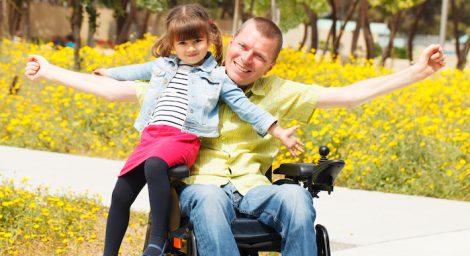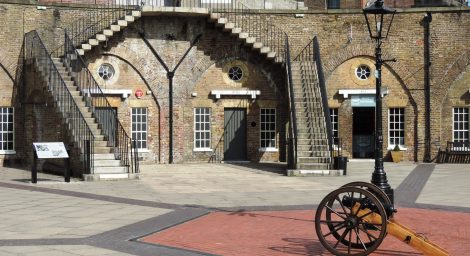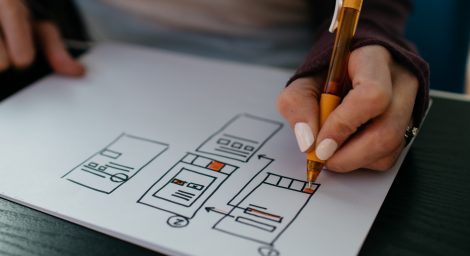Eastbourne
Supporting disabled people in Eastbourne. These are the new pages for Eastbourne Access Group.
Accessible Eastbourne

Accessible Eastbourne

Eastbourne happenings

Eastbourne happenings

History

History

Eastbourne links

Eastbourne links

